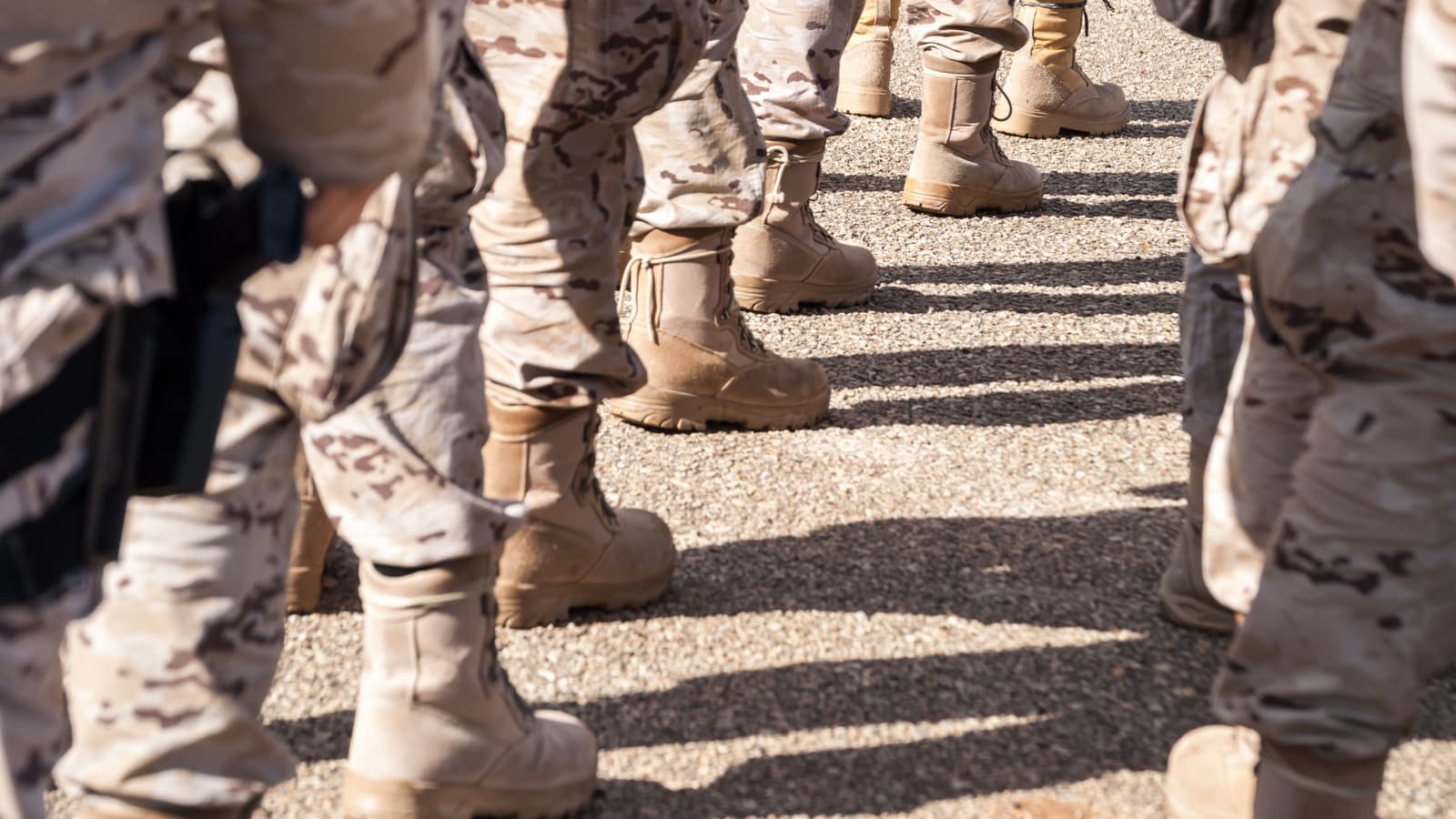Nearly two million Americans serve in the military (active duty and reserve), and some of them are Orthodox Christians. The relationship between Eastern Orthodoxy and military service is nuanced, shaped by theological principles, historical context, and pastoral care. Rather than simply endorsing or rejecting military service, our Faith seeks to balance the Christian call to peace with the realities of a fallen world.
3 minutes
The early Church’s stance on military service
At the heart of Orthodox Christianity is Christ’s command to love our enemies and turn the other cheek (Matthew 5:39, 44). The early Church followed this model faithfully, often discouraging participation in violence of any kind. Many of the early Christian martyrs refused to serve in the Roman army, especially when doing so involved idolatry or the persecution of fellow Christians.
Upon the legalization of Christianity and its growth in the Byzantine Empire, the Church adjusted her stance. While she continued to uphold the heavenly ideal of nonviolence, she also recognized the need for defense against aggression and the protection of the innocent. Orthodox tradition thus developed a position that is neither strictly pacifist nor uncritically supportive of warfare.
War, sin, and repentance
The Orthodox Church does not condemn military service outright. Instead, we believe that serving in the military can be a morally acceptable vocation when the purpose is the defense of one’s country, the protection of the vulnerable, or the restoration of justice. Indeed, we venerate certain soldiers as Saints! The faithful celebrate St. George and St. Demetrius not for the violence they committed but for their faith, courage, and willingness to lay down their lives for others.
At the same time, the Church also acknowledges the reality of evil and the necessity, at times, of using force to restrain it. War is a tragic consequence of human sin. Even when justified, participation in war is spiritually dangerous. The Church Fathers unanimously recognized that killing—even (or perhaps, especially) in war—wounds the soul. For example, St. Basil the Great recommends that soldiers who took another’s life in battle should abstain from Communion as an act of repentance and spiritual healing. This reflects the Orthodox understanding that all violence, even when necessary, is a deviation from the Gospel ideal.
Can an Orthodox Christian refuse military service in the United States?
Yes, an Orthodox Christian can indeed refuse military service in the U.S. To do so, he or she must apply for conscientious objector (CO) status. United States law allows individuals to refuse service based on sincerely held personal, religious, or ethical beliefs that oppose participation in war.
Orthodoxy respects the conscience of faithful men and women who refuse military service out of a commitment to nonviolence. At the same time, those who do serve are not automatically excluded from the sacraments or the life of the Church. Orthodox priests offer pastoral care to soldiers, veterans, and their families, with a focus on spiritual healing, reconciliation, and support.
What if my country forces me to serve in the military, without exemption?
In countries where military service is compulsory without exemption, the Church often works with the civil authorities to accommodate conscientious objectors or provide pastoral services to those who serve. The overarching principle remains: war is a last resort, and peace is always the ultimate goal.
If you find yourself in this position, speak with your priest.
Conclusion
The Eastern Orthodox Church neither glorifies war nor demands absolute pacifism. Instead, she calls all believers—whether soldiers or conscientious objectors—to strive for peace, repent of violence, and seek the healing grace of God. In a world where conflict is all too common, the Orthodox tradition offers a hopeful vision: that even amidst war, the light of Christ’s peace can shine.
Keep Reading: Does the Orthodox Church Condone the Death Penalty?

